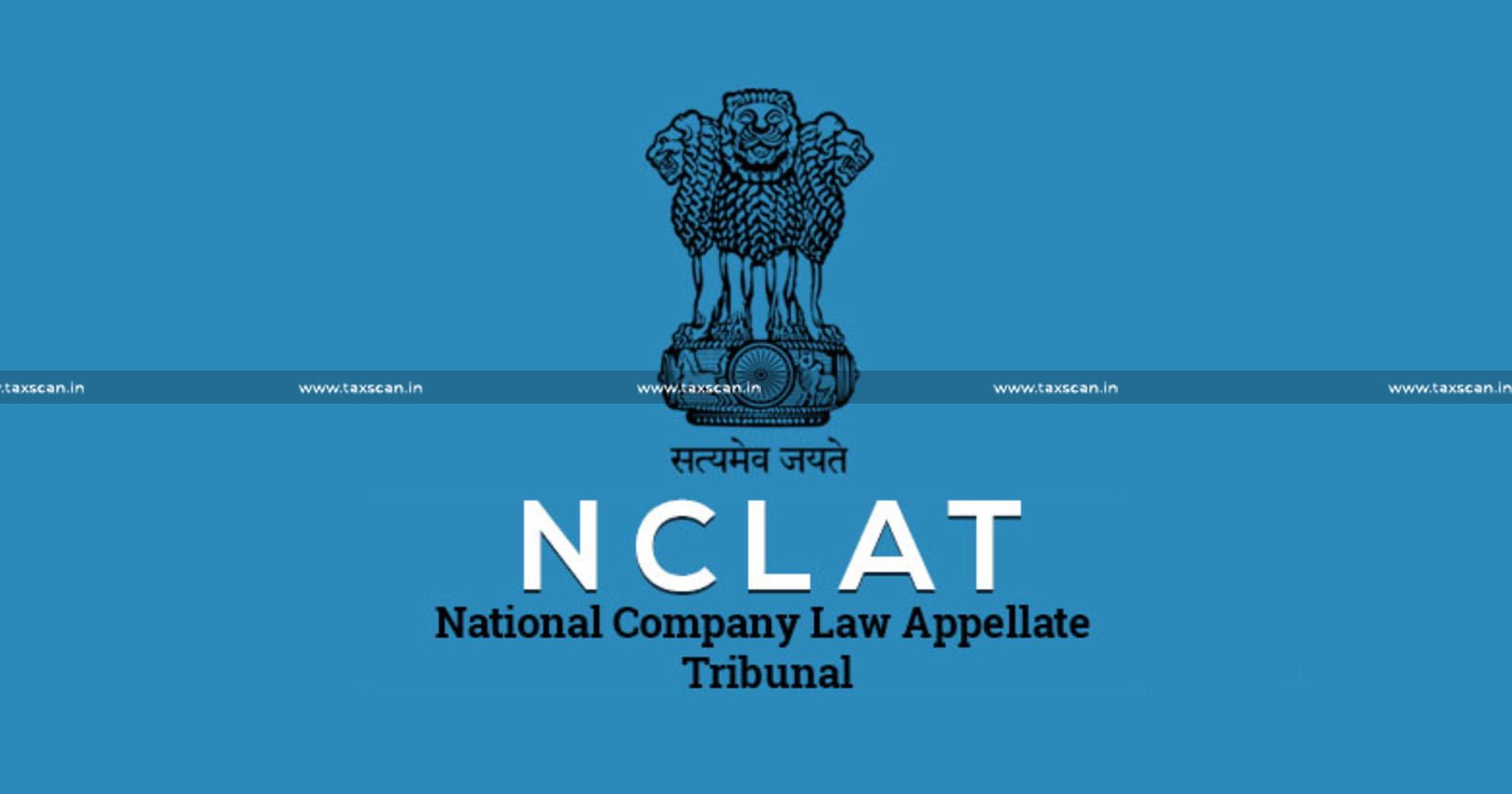An Appeal under the Companies Act, 2013 Available only to a ‘Person’ who is either a ‘Member’ of the Company or a ‘Creditor’ or a ‘Director’: NCLAT dismisses Appeal from a Non-member of a Company

Companies Act, 2013 Available – Person -Member of the Company -Creditor -Director – NCLAT – TAXSCAN
Companies Act, 2013 Available – Person -Member of the Company -Creditor -Director – NCLAT – TAXSCAN
The Delhi bench of the National Company Law Appellate Tribunal(NCLAT) dismissed the appeal under the Companies Act, 2013 made by a non-member of the company because the appeal is available only to a ‘person’ who is either a ‘member’ of the company or a ‘creditor’ or a ‘director’.
Rajneesh Ghei, the Appellant stated that Respondent No.3 (“Indo Nucleoment Pvt. Ltd.”) was incorporated and registered with the Registrar of Companies under the Companies Act, 1956 and Shri Raghu Nath Ghei, father of the Appellant and Respondent No.2 was a director and shareholder of the Respondent No.3 Company holding 3,680 shares out of total 8,003 shares issued in respect of the company.
The Appellant has further stated that Shri Raghu Nath Ghei passed away on 15.10.2001, whereafter his wife Smt. Raj Ghei and Respondent No.2-Mr. Sanjeev Ghei remained the two directors of Respondent No.3 Company. He has further stated that the last Balance Sheet and Annual Return of Respondent No.3 were filed in the year FY 2004-05 and thereafter no statutory compliance was done by the Respondent No.3 Company.
He has further stated that Respondent No.2- Mr Sanjeev Ghei siphoned off a huge amount from the Company’s account between Smt. Raj Ghei Director and Shareholder, passed away intestate. He has further stated that Respondent No.2 continued to close bank accounts of the company and siphoned off the amounts therein to newly opened bank accounts, and on 19.08.2010 Respondent No.2 filed an application with Respondent No.1 – Registrar of Companies, New Delhi for removing the name of the Respondent No.3 Company from the Register of Companies taking advantage of the Easy Exit Scheme, 2010, and the application under the scheme was approved on 27.12.2010, and thereafter order was issued for striking off the name of the Respondent No.3 Company from the Register of Companies.
The appellant has argued that the Respondent No.3 Company was set up with the financial assistance provided by him to his father but since he was living abroad his father and his mother along with his brother i.e. Respondent No.2 subscribed to 8003 issued shares of Respondent No.3 company, and after the demise of his father on 15.10.2001, by the law of succession.
The Appellant should have inherited 1/3rd of Shri Raghu Nath Ghei’s share. but these shares were not transferred in the Appellant’s name but his father’s shares were divided between his mother Smt. Raj Ghei and his brother Mr Sanjeev Ghei thereby causing prejudice to him.
He has further argued that his mother Smt. Raj Ghei passed away on 22.05.2009 intestate, and since the Appellant and Respondent No.2 were the only Class-1 legal heirs, they should have inherited the share of Smt. Raj Ghei equally, but again the Appellant’s brother Mr Sanjeev Ghei usurped the entire shares of their deceased mother.
It was noticed that if the name of the Company has been struck off following the procedure prescribed in sub-section (1) to (5) of Section 560 of the Companies Act, 1956, when the Company had itself voluntarily applied for striking off its name by applying for the Easy Exit Scheme, 2010, no appeal shall lie under Section 560(6) of the Companies Act, 1956.
A single-member bench comprising Justice Rakesh Kumar, Member (Judicial) and Dr Alok Srivastava, Member (Technical) that the Appellant is not a member of the R-3 company and no evidence by the Appellant that he made any sincere and diligent effort to get a succession certificate in his favour about the shares held by his deceased parents and therefore, he is not entitled to the privileges and other facilities that are available to the member of a company under Companies Act.
Further held that “an appeal under the Companies Act, 2013 would be available to a ‘person’ who is either a ‘Member’ of the Company or a ‘Creditor’ or a ‘Director’ and quite clearly the Appellant is none of these."
While dismissing the appeal, the Tribunal upheld the Impugned Order.
To Read the full text of the Order CLICK HERE
Support our journalism by subscribing to Taxscan premium. Follow us on Telegram for quick updates


